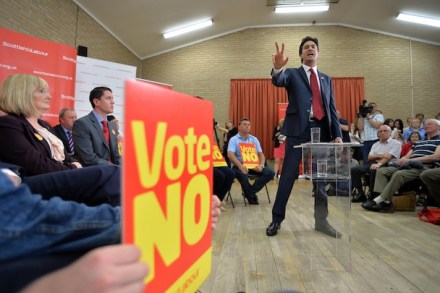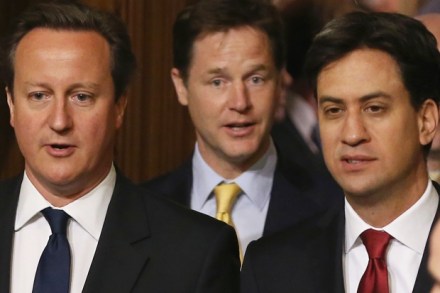Podcast: Stay with us, Scotland!
With only seven days to go until the referendum, urgent action is needed to help save the Union. In this week’s issue, we asked Spectator readers to write to Scottish voters, saying why they are hoping for a ‘No’ vote. The response was extraordinary. You can read some of the letters here. Fraser Nelson is joined by Tom Holland and Leah McLaren to discuss what else can be done to save the Union at this late stage. They also take a look at Canada and Quebec, and how their union managed to survive not one but two referendums. It’s safe to say that Westminster has gone into full panic mode.



















